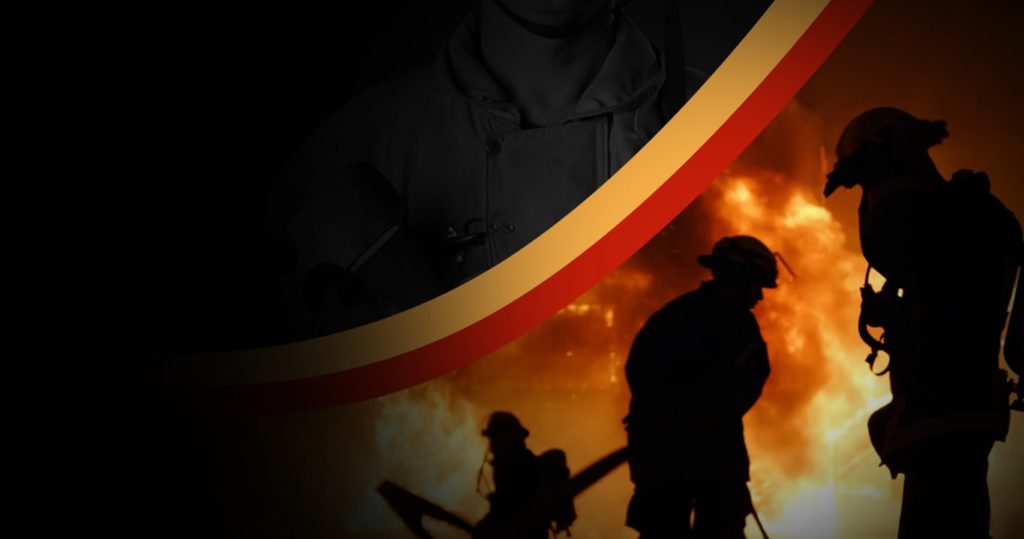Firefighters have a 9 percent higher risk of being diagnosed with cancer and a 14 percent higher risk of dying from cancer than the general U.S. population, according to research by the CDC/National Institute for Occupational Health and Safety (NIOSH). For some reason, most states have yet to establish cancer funds for firefighters. Finally, two states have taken action to change that.
Why Cancer Funds for Firefighters are Needed
Cancer caused 70 percent of the line-of-duty deaths for career firefighters in 2016. And yet, there are no federal mandates on what workers compensation will cover, no presumptive laws for occupational cancer for firefighters, and no uniform system from state to state. With each state being unique and the burden of proof difficult, firefighters are left alone to try and decipher what help they can receive, if any.
But progress, even if it isn’t standardized or as comprehensive as needed, is happening in isolated pockets across the country.
Missouri Senate Bill 45
Earlier this month, Missouri Governor Mike Parson signed Senate Bill 45 into law to help paid and volunteer firefighters who develop cancer while on the job. This allows for the creation of a “Voluntary Firefighter Cancer Benefits Pool” by three or more political subdivisions. The pool would then be allowed to provide payments to individuals who develop cancer as a result of their work as a firefighter. Inclusion in the pool is voluntary, and not mandatory. This new law will take effect on Aug. 28.
Minnesota Hometown Heroes Assistance Program
Just a few days later in Minnesota, former firefighter Sen. Jeff Howe’s standalone bill passed, creating an $8 million dollar fund ($4 million a year for the next two years) and the Hometown Heroes Assistance Program, which will provide grants to firefighters battling cancer and heart disease and provide psychotherapy to firefighters.
Will Other States Follow
Other states need to take heed and follow the lead of Minnesota and Missouri to begin creating better, easy to navigate, and comprehensive resources for Firefighters who are diagnosed with cancer and/or struggle with mental health issues due to job-related stress and trauma.
As of 2016, Idaho, Montana, Wyoming, South Dakota, Arkansas, Mississippi, Kentucky, Ohio, West Virginia, North Carolina, South Carolina, Georgia, Florida, Connecticut, New Jersey, Delaware and the District of Columbia still did not provide cancer coverage for current and former firefighters.
It generally takes at least two to five sessions to pass firefighter cancer coverage-related bills within state legislatures. So even if every state took up the gauntlet in this current session, it would still be quite a bit of time that firefighters are left waiting and without the support they need.
It is shameful that our lawmakers have not made this issue a priority elsewhere in the United States. Firefighters bravely risk their lives in the line of duty, and face the mental and physical health repercussions in the short and long term aftermath. They deserve- at the very least- a pool of resources to help cover the costs of healthcare and treatment of job-related cancers and illnesses.
The Need for a National Fund
The first step is for every state to pass similar laws creating funds earmarked for volunteer and paid volunteers to utilize in the event of a cancer or PTSD diagnosis. Ideally, at some point Congress will decide to bring together and standardize the benefits and build out a national fund. But our representatives need to hear from their constituents that this is a major issue that needs to be addressed promptly and comprehensively. Call or write your state representatives and let them know that our firefighters deserve far, far more than what they are currently being given.
No matter your political leanings, the funding included in the American Rescue Plan Act for fire and EMS was long overdue a year into the pandemic. Already facing shortages in funding, resources, and staffing, local departments were hit even harder as COVID-19 overwhelmed our nation.









